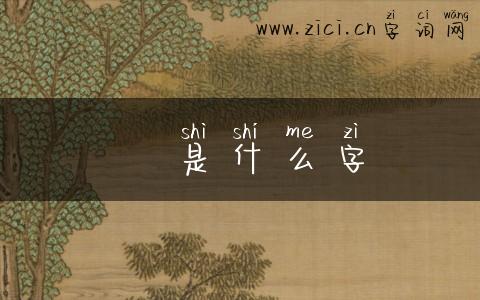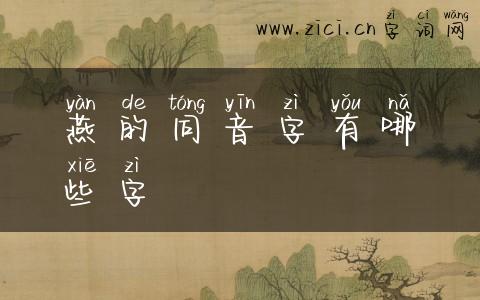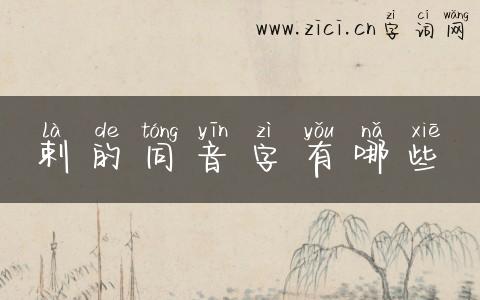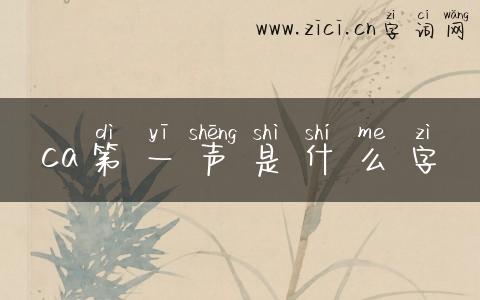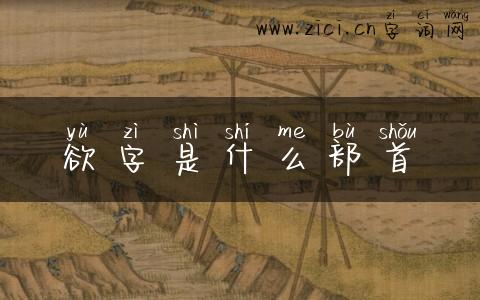含辉的同音字有哪些呢?英语表达
In the world of language, homophones play a unique role. They are words that sound the same but have different meanings and spellings. Today, we’ll explore the various homophones of the Chinese character "含辉" and their English equivalents. This article aims to provide a comprehensive guide to these fascinating linguistic phenomena.

What are Homophones?
Homophones are words that share the same pronunciation but differ in spelling and meaning. They can often lead to confusion and misunderstandings, especially in written communication. In the case of "含辉," we will delve into its homophones and their English counterparts.
The Homophones of "含辉"
-
含 (hán): This character means "to contain" or "to have." In English, it can be represented as "contain," "hold," or "have."
-
辉 (huī): This character refers to "brightness" or "glow." Its English equivalents include "brightness," "glow," or "radiance."
-
含糊 (hán hú): This compound word means "vague" or "unclear." The English equivalent would be "vague" or "unclear."
-
辉煌 (huī huáng): This compound word signifies "splendid" or "magnificent." In English, it can be translated as "splendid," "magnificent," or "brilliant."
-
含羞 (hán xiū): This compound word refers to a feeling of shyness or modesty. Its English equivalent is "shy" or "modest."
Case Studies
Let’s look at a couple of examples to illustrate how these homophones can be used in sentences:
-
Original Chinese: 含辉的彩虹桥在阳光下显得格外辉煌。
-
Translation: The rainbow bridge, containing brightness, appeared particularly splendid in the sunlight.
-
Original Chinese: 她含糊地回答了问题,让人摸不着头脑。
-
Translation: She answered the question vaguely, leaving people in the dark.
Conclusion
Understanding homophones like those of "含辉" can enhance your language skills and prevent misunderstandings. By recognizing the different meanings and spellings of these words, you can communicate more effectively in both Chinese and English. Whether you’re writing emails, engaging in conversations, or simply enjoying literature, knowing your homophones is a valuable asset.
本文由“字词网”收集、整理,素材仅供研究、学习。考订注释若有误,欢迎反馈。转载请注明出处:https://www.zici.cn/hanzi/40930.html

